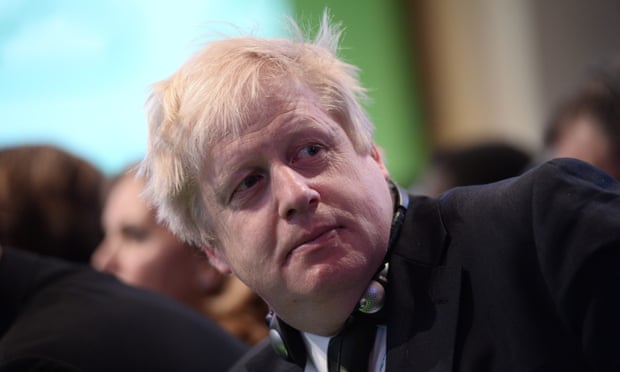#ISR: Chemical weapons had been used by ISIL (#daesh) fighters
Monday, February 15, 2016
No comments
Islamic State militants attacked Kurdish forces in Iraq with mustard gas last year, the first known use of chemical weapons in Iraq since the fall of Saddam Hussein, a diplomat said, based on tests by the global chemical weapons watchdog.
A source at the Organization for the Prohibition of Chemical Weapons (OPCW) confirmed that laboratory tests had come back positive for the sulfur mustard, after around 35 Kurdish troops were sickened on the battlefield last August.
A source at the Organization for the Prohibition of Chemical Weapons (OPCW) confirmed that laboratory tests had come back positive for the sulfur mustard, after around 35 Kurdish troops were sickened on the battlefield last August.
The OPCW will not identify who used the chemical agent. But the diplomat, speaking on condition of anonymity because the findings have not yet been released, said the result confirmed that chemical weapons had been used by Islamic State fighters.
The samples were taken after the soldiers became ill during fighting against Islamic State militants southwest of Erbil, capital of Iraq's autonomous Kurdish region.
The OPCW already concluded in October that mustard gas was used last year in neighboring Syria. Islamic State has declared a "caliphate" in territory it controls in both Iraq and Syria and does not recognize the frontier.
Experts believe that the sulfur mustard either originated from an undeclared Syrian chemical stockpile, or that militants have gained the basic know how to develop and conduct a crude chemical attack with rockets or mortars. source









































